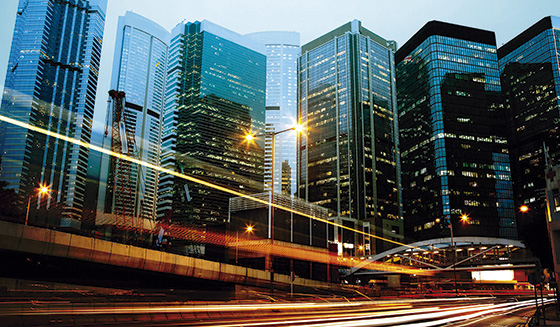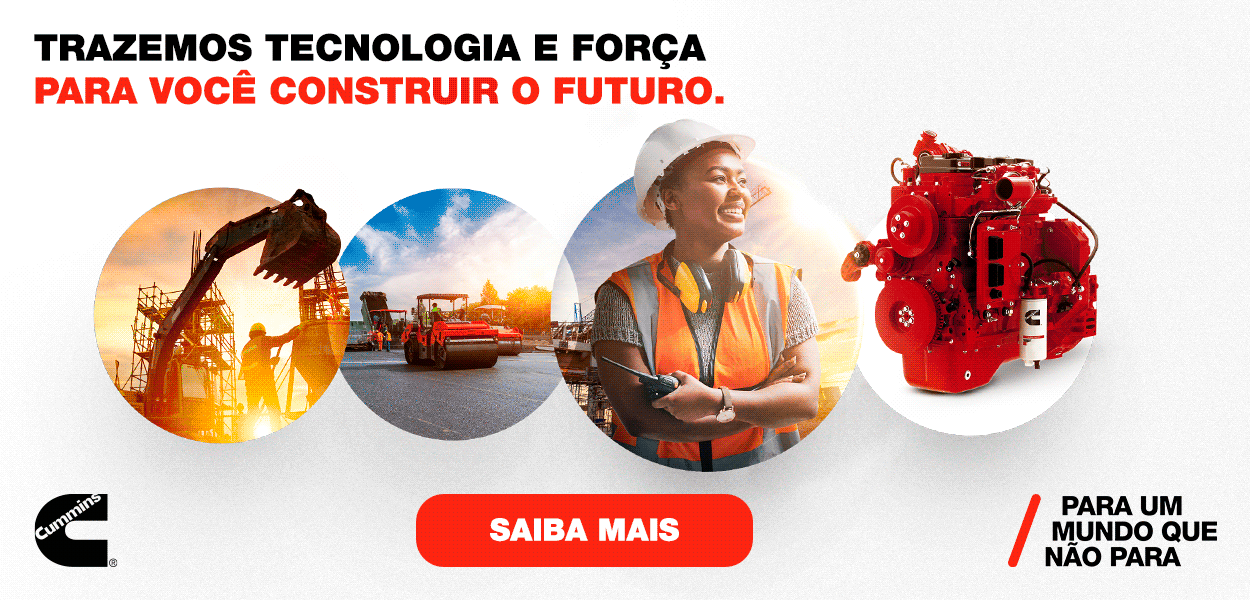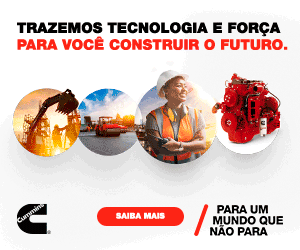Meeting for decisions

Urban infrastructure and construction systems are some of the subjects to be debated in the event, which aims to stimulate the convergence of government, private initiative and society in general
More than half of the world population—currently estimated in 7.3 billion people—is living in urban areas. And this proportion may increase in the next years. In fact, the perspectives are that two thirds of planet inhabitants will live in cities till 2050.Thus, subjects related to urban planning projects are in the agenda, placing cities in the center of a process that will ensure better conditions of living with more sustainable and accessible environmentsto the next generations.
Thinking about these trends, Sobratema will carry out in June 15 and 16 the event Construction Summit 2016, acongress composed by thematic seminars that will be carried out in the São Paulo Expo Exhibition & Convention Center.Organized in partnership with WRI Brasil, one of the seminars—to be carried out in June 15—includes two panels about the main subject Moving Cities.“WRI BrasilSustainable Cities believes that the convergence of government, private initiative and society is necessary to build sustainable and inclusive cities where people may succeed and accomplish their potential”, saysRejane D. Fernandes, director of strategic relations of WRI Brasil.“SinceSobratemarepresents an important industry of private initiative and is concerned with sustainability—being opened to city subjects—this partnership is just a consequence.”
According to her, the seminar will deal with relevant subjects for the cities, givingpriority toa diversified focus. “We tried to invite national and international experts of several areas, in a way to gather comprehensive information that would allow us to know the variables involved, exploring the complexity of each subject”, adds him.
Putting together public managers, industry and technical entities, urbanism and engineering companies, specialized media and other publics, the first panel deals with technologies and financing for infrastructure and services. The other panel deals with mobility, accessibility and urban development. “These subjects are fundamental for the sustainable development of cities”, highlightsRejane. “Technology, for example, is used to improve efficiency and effectiveness in transport, health and education services, as well as in the qualification of infrastructure and in the streamlining in attending the citizens. Thus we will bring the experience of cities, private initiative and government to build a common agenda that would benefit everybody.”

Av. Francisco Matarazzo, 404 Cj. 701/703 Água Branca - CEP 05001-000 São Paulo/SP
Telefone (11) 3662-4159
© Sobratema. A reprodução do conteúdo total ou parcial é autorizada, desde que citada a fonte. Política de privacidade














